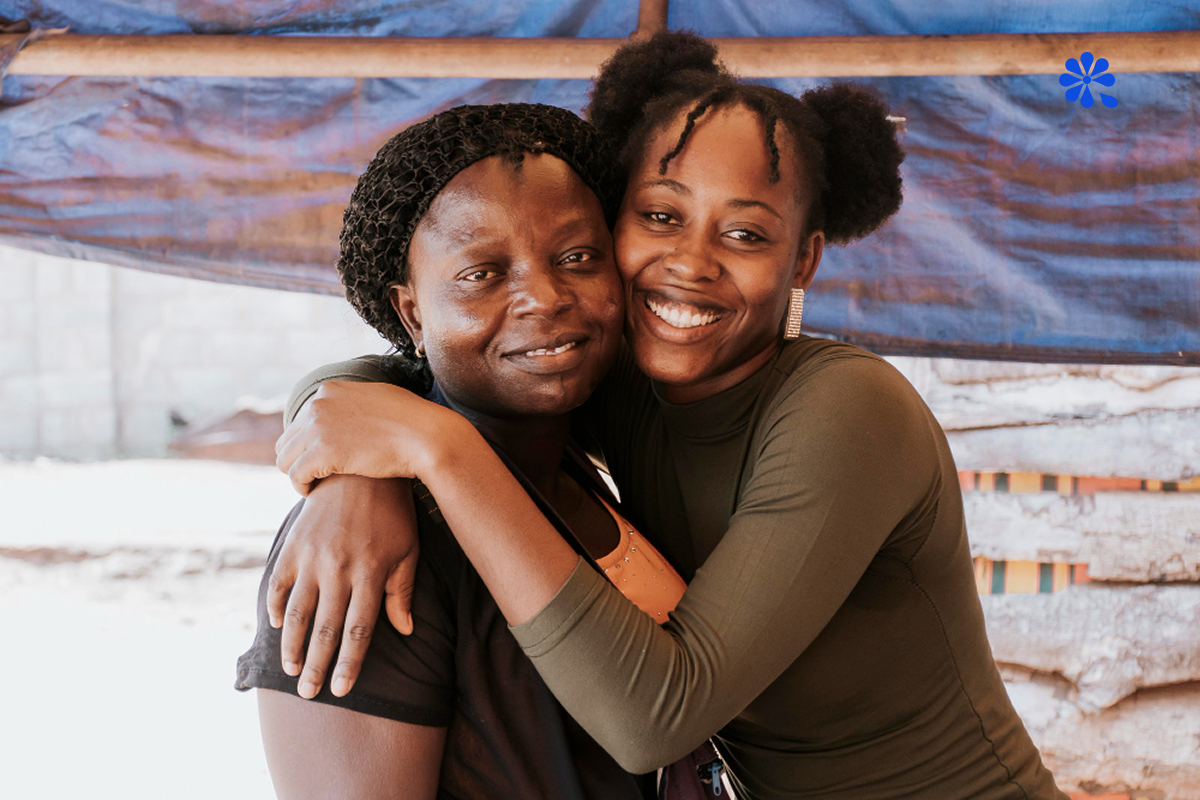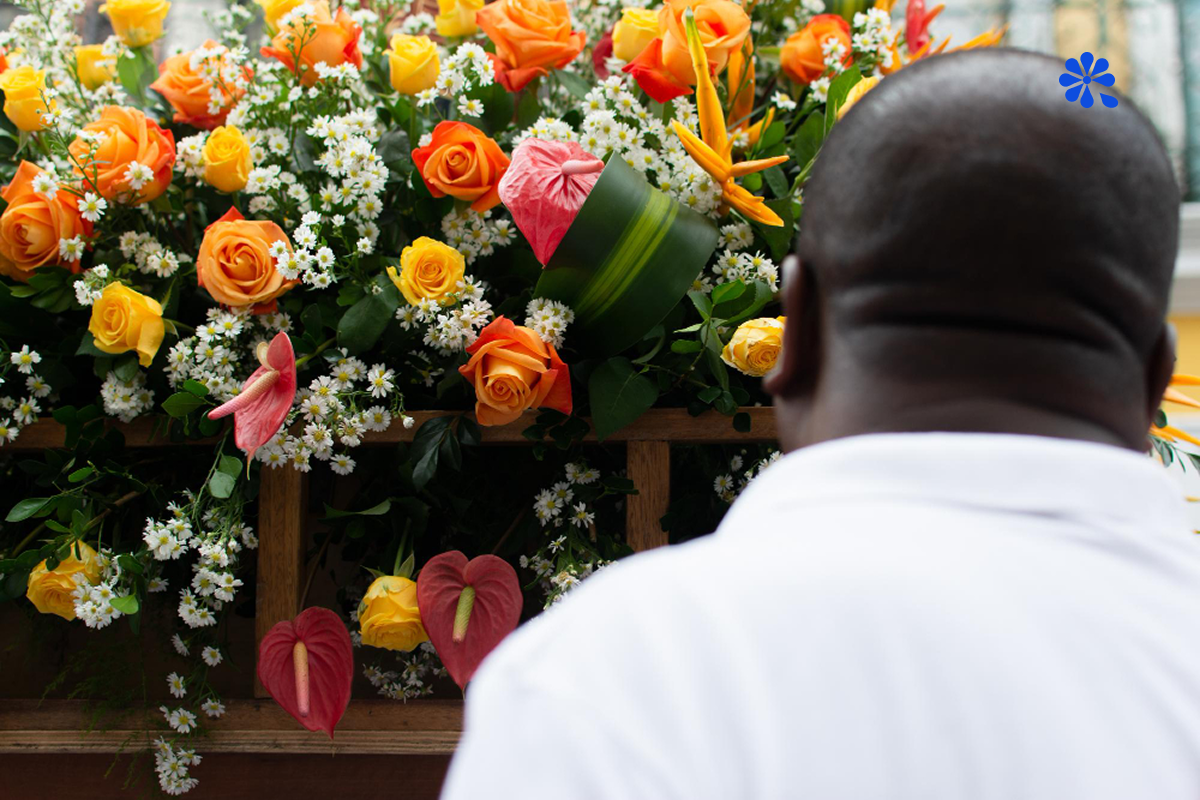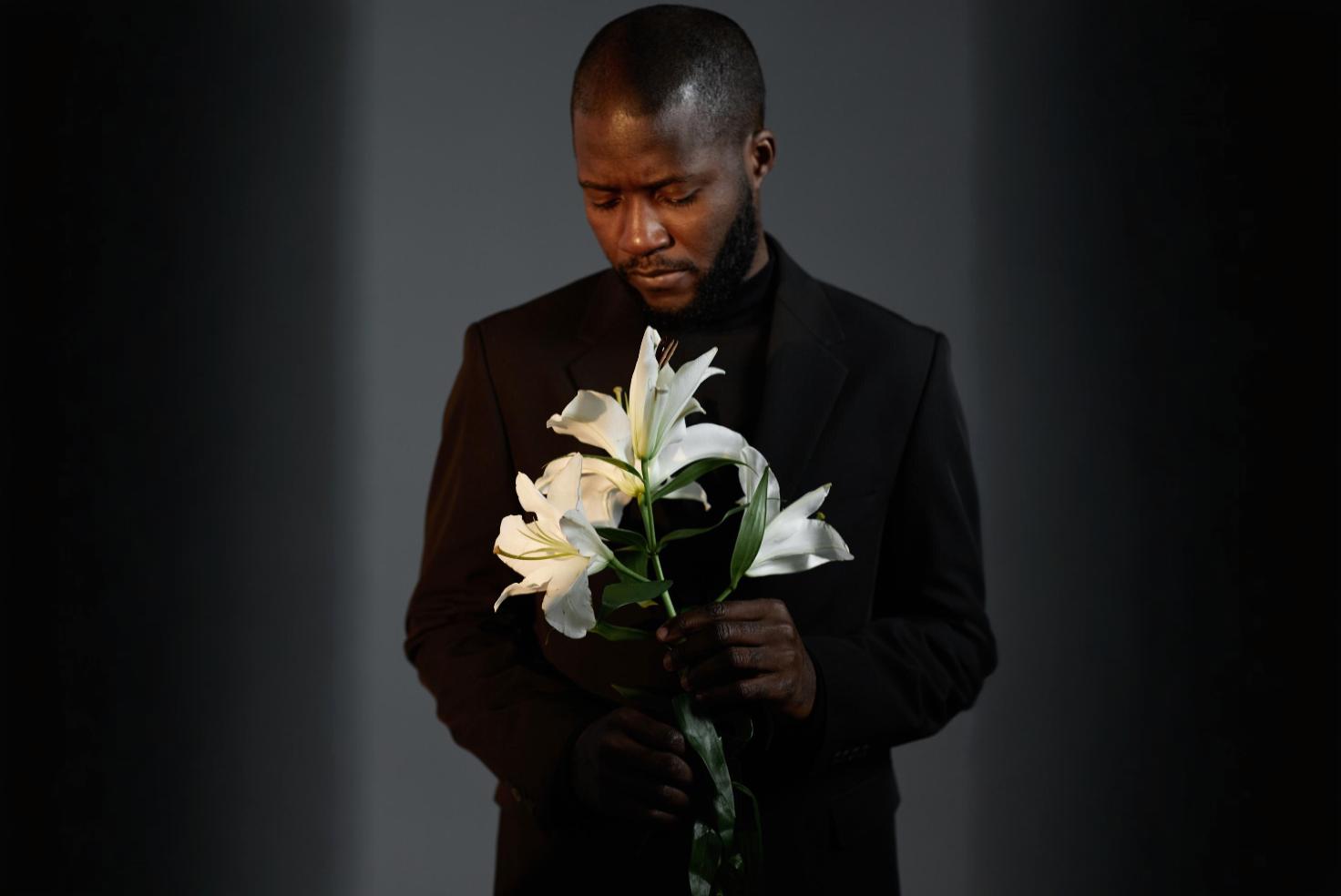In many Kenyan families, conversations about death are quickly brushed aside. “Don’t speak such things into existence,” a parent might say, or an elder may change the topic altogether. It feels safer to leave the unknown unspoken. Yet, when we avoid these conversations, we leave our families unprepared for the inevitable.
The truth is, death is part of life. Pretending it won’t come doesn’t prevent it — it only increases the pain and confusion when it does. This article explores why we struggle to plan for death, how cultural and emotional barriers keep us silent, and why breaking that silence is one of the greatest acts of love we can offer our families.
At a Glance 🕊️
- ·
Silence comes from fear: Many avoid planning for death because it feels like inviting misfortune.
- ·
Cultural beliefs play a role: Talking about death is often considered taboo, making families unprepared.
- ·
Denial feels easier than reality: Avoiding the topic shields us from discomfort but leaves loved ones vulnerable.
- ·
Planning is an act of love: Open conversations reduce conflict, provide clarity, and ease burdens during grief.
Why Talking About Death Feels So Hard
In Kenya, death is both a deeply spiritual and practical event. Culturally, it is surrounded by ritual, respect, and silence. Many communities believe that speaking openly about death may “call it closer,” while others feel it is disrespectful to think about inheritance or funeral planning while someone is still alive.
This silence, though protective in intent, often has the opposite effect. When death comes — and it always does — families find themselves scrambling. Funeral plans become chaotic, property disputes erupt, and the grieving process is overshadowed by stress and confusion.
By unpacking why we avoid these conversations, we can begin to see that planning for death is not about inviting tragedy. It is about preparing the ground so that when the inevitable happens, those left behind are not burdened with uncertainty.
Why We Struggle to Plan for Death
1. Fear of Inviting Misfortune
Many people believe that talking about death may hasten it, so they avoid the subject altogether. This fear is deeply ingrained and reinforced by cultural sayings and traditions.
- ·
“Words have power” mindset: Speaking about death is seen as tempting fate.
- ·
Protective avoidance: Elders often steer away from such conversations to “shield” their families.
- ·
Reality check: Avoidance doesn’t stop death; it only makes the aftermath harder.
Facing the conversation is not about inviting death, but about protecting life after death.
2. Denial Feels Safer Than Reality
Confronting mortality forces us to accept that our time is limited, which can feel overwhelming. Denial becomes a coping mechanism.
- ·
Emotional shield: It’s easier to believe “we have time” than to prepare.
- ·
Practical consequences: Lack of preparation leaves children, spouses, and dependents vulnerable.
- ·
Hidden cost: Denial shifts the burden from the planner to the survivors.
💡 Creating a memorial page early doesn’t mean giving up hope — it provides a safe place for family to organize, communicate, and prepare, easing pressure during grief.
3. Cultural Taboos Around Inheritance
In some communities, talking about wills or property division is seen as greedy or disrespectful. Children who raise such topics may be accused of wishing death upon their parents.
- ·
Respect vs. readiness: Families confuse silence with honor, yet silence often creates disputes later.
- ·
Community norms: Cultural expectations discourage proactive planning.
- ·
Modern tension: Urban families face both cultural beliefs and legal realities, leaving them caught in between.
Planning for inheritance honors a life’s work by ensuring it continues to serve those it was meant for.
4. Emotional Weight of Grief
Thinking about one’s death, or the death of a loved one, stirs up deep sadness. Many avoid planning simply because it feels too painful.
- ·
Anticipatory grief: Imagining loss can feel like losing twice.
- ·
Emotional paralysis: Some delay planning because they cannot face the thought of separation.
- ·
Unspoken burden: Loved ones may want to talk but fear causing more pain.
Acknowledging the sadness is part of love — it is a step toward protecting the ones you cherish.
5. Lack of Knowledge About the Process
Many simply don’t know how to begin planning for death. Legal terms, succession laws, and even funeral logistics feel overwhelming.
- ·
Complex systems: The law of succession in Kenya is often misunderstood.
- ·
No starting point: Families don’t know what documents to prepare or how to structure a plan.
- ·
Resulting inertia: Lack of clarity leads to silence.
💡 Withpema offers a simple starting point — a memorial page where families can gather, share updates, and slowly build the framework for remembrance and planning.
6. Belief That Family Will “Figure It Out”
Some people trust that their family will handle matters when the time comes. While hopeful, this assumption often leads to unnecessary conflict.
- ·
Good intentions, bad outcomes: Without guidance, family members may interpret wishes differently.
- ·
Unfair pressure: Dependents may carry heavy responsibilities without support.
- ·
Ripple effects: Property disputes can permanently damage family unity.
Clear planning is not about distrust; it’s about lifting the burden of confusion from grieving shoulders.
Withpema Insight 🌼
Silence may feel like protection, but it often leaves loved ones vulnerable. Planning for death is not an act of doom — it is an act of care. By starting small, even with a simple online memorial space, families can open the door to conversations, organization, and support that ease the road ahead.
Parting Thought: Love Speaks Through Preparation
Death is one of the hardest topics to face, but avoiding it doesn’t protect us. In fact, silence often creates more pain for the ones we love. Planning for death is not about inviting misfortune; it is about leaving behind clarity, dignity, and peace.
When we prepare, we show love in its most practical form. We say to our families: “I thought of you. I cared enough to make the hard choices so you don’t have to.”
Let us break the silence — because love deserves a voice, even in the face of loss.






















